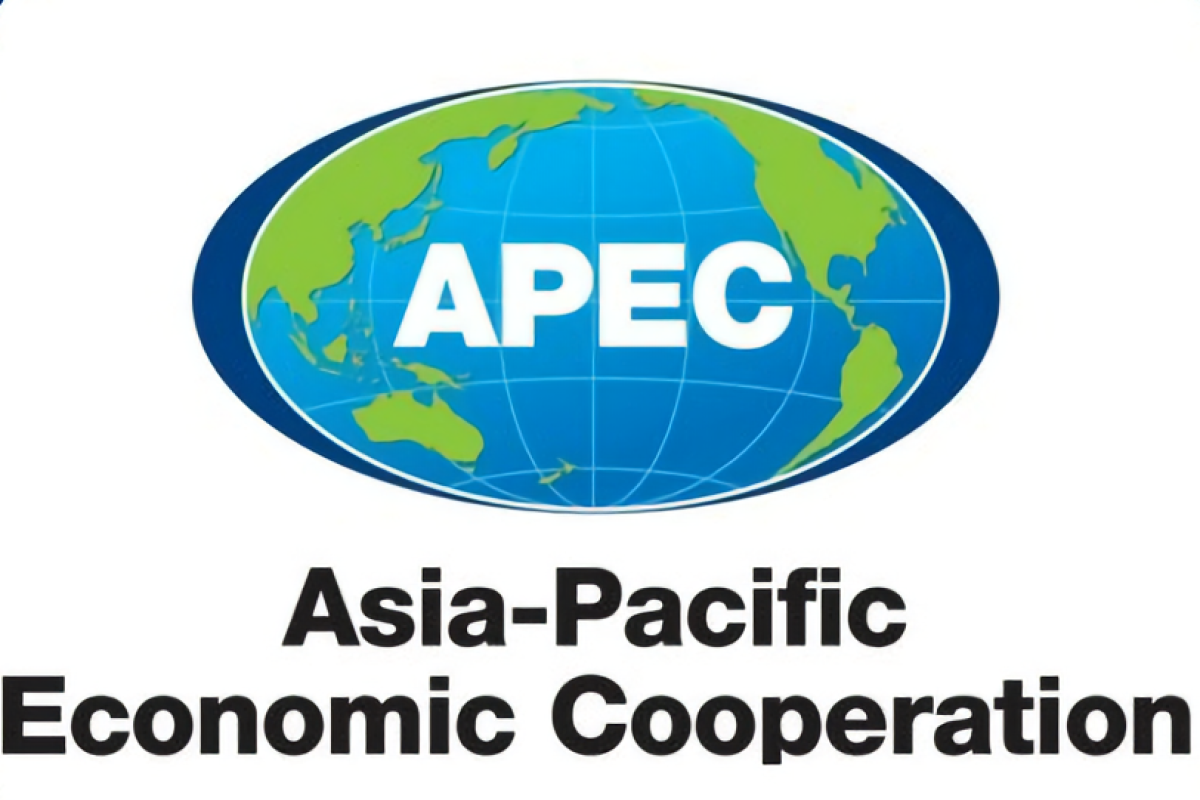Hence, it is important that we work towards a greener and cleaner future in our new normalJakarta (ANTARA) - Plans for recovery from the COVID-19 pandemic must not only help improve public healthcare, but also build environmental sustainability, an APEC Policy Support Unit researcher said, urging member nations to work towards a "greener new normal”.
Researcher Satvinderjit Kaur Singh made the appeal in a written statement issued by the APEC Policy Support Unit, which was received here on Wednesday.
According to the World Health Organization (WHO), unhealthy environments — due to contaminated air, soil, and water — cause an estimated 12.6 million deaths on a yearly basis.
A major source of these pollutants is the global waste crisis which threatens millions of businesses and livelihoods, especially in developing economies.
Tearfund, an international poverty charity, estimates that between 400 thousand and one million lives are lost in developing economies due to poor waste management.
"Hence, it is important that we work towards a greener and cleaner future in our new normal," Singh stated.
She argued that an effective way to tackle the waste crisis is through the adoption of the circular economy -- a system in which resources are used to their maximum extent before being disposed.
"The circular economy minimizes waste by reusing, repurposing, remanufacturing, and recycling used products. This allows consumed resources to re-enter the production chain. Through better management of resources and reducing waste, over-extraction and over-production of goods can be prevented," she said.
The waste issue is pertinent in the APEC region as well, she pointed out. Data from the World Bank projects a 36-percent growth in solid waste generated in APEC economies between 2016 and 2050.
An average resident in the region is expected to generate 1.1 kilograms of waste daily by 2050. This problem is further aggravated as the majority of waste in APEC is mismanaged and ends up harming the environment, industries, and livelihoods.
The COVID-19 pandemic has exacerbated the waste crisis, Singh said. Surplus food produced is often dumped, single-use items have become prevalent, and use of takeaway food packaging has skyrocketed due to lockdowns, she noted.
"Nevertheless, the pandemic has also given us an opportunity to rethink our ways. We cannot go back to business as usual. Continuing to deal with each impending crisis with the same unsustainable economic model is a recipe for disaster," Singh averred.
She further explained, while short-term fiscal measures will help soften the impact, long-term shocks to the system will continue to test our capacities.
Threats to the environment are far more permanent and deep, hence sustainability strategies for the future should not take a back seat despite the challenges posed by COVID-19, she cautioned.
Circular practices are already in place to deal with supply-chain disruptions. For example, businesses are repurposing scrap fabrics to manufacture personal protective equipment, and the food and beverage sector is working with other organizations to redirect surplus food to the needy.
Similarly, innovations continue to support current shortages and future green transitions. For instance, technology is being used to decontaminate N95 masks and responsible packaging innovations continue to provide for sustainable options during home delivery spikes.
Therefore, it is important for economies to recognize the threats of the waste crisis and develop recovery packages that can deliver on both environmental and economic goals, Singh said.
"The circular economy should be built into the 'new normal' to enhance the region’s sustainability and resilience. APEC considers the circular economy to be an important factor in pursuing sustainable development in the region," she continued.
"While the pandemic has become our foremost concern this year, APEC should still pursue long-term priorities like environmental sustainability, which will be key in rebuilding a stronger economy after the health crisis subsides. More work in this area will help build a healthier environment for all," she stated. (INE)
Related news: Trade, economic slump deepen in APEC region; outlook remains bleak
Related news: APEC responds to health and economic crises, pushes for recovery
Related news: APEC urged to safeguard food security through open trade policies
Reporter: Yuni Arisandy Sinaga
Editor: Azis Kurmala
Copyright © ANTARA 2020











